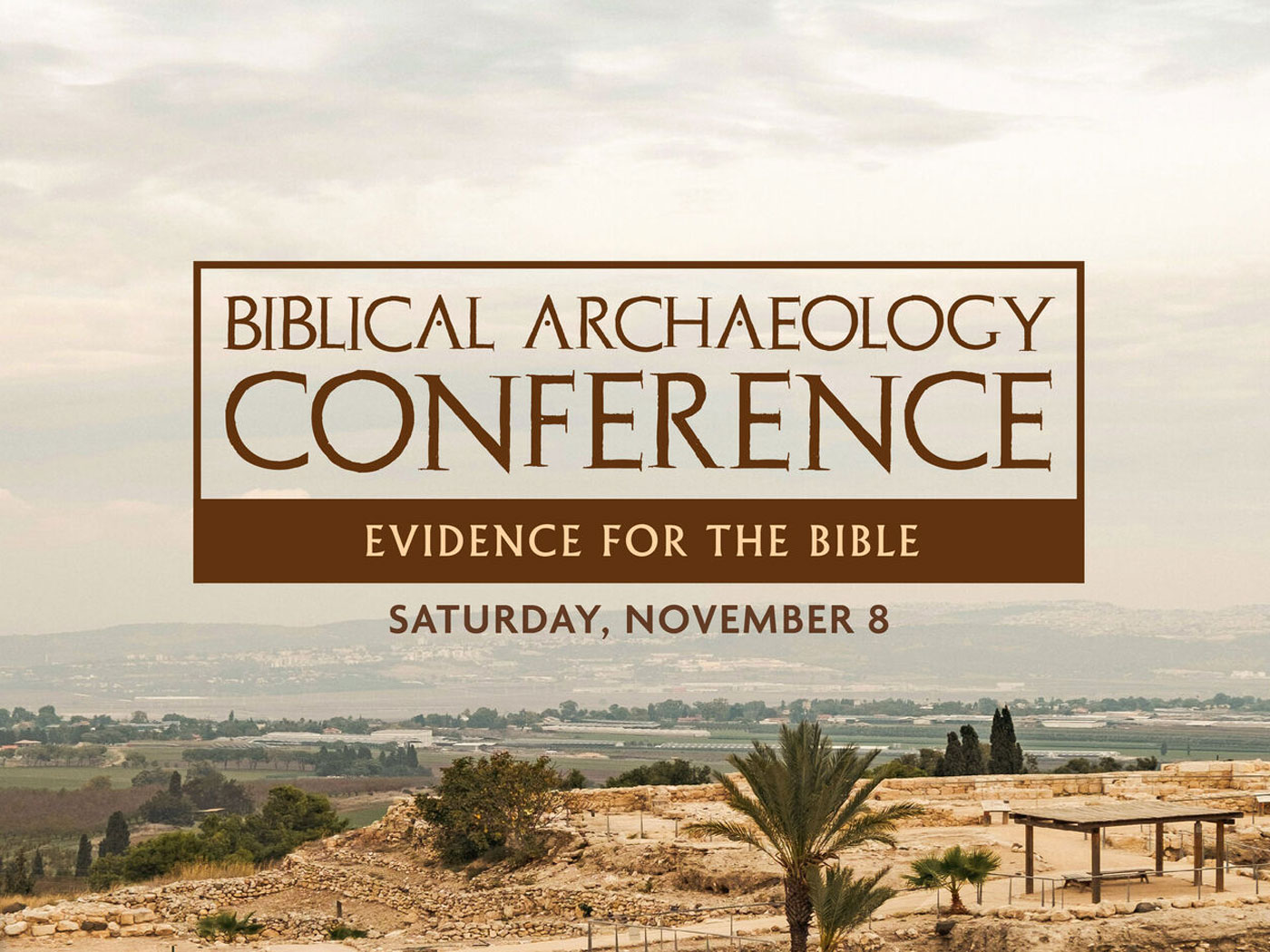"And thou shalt speak unto him, and put words in his mouth: and I will be with thy mouth, and with his mouth, and will teach you what ye shall do." (Exodus 4:15)
These words of God, spoken to Moses concerning the mission he and his brother Aaron were to undertake at Pharaoh's palace, are one of numerous examples in Scripture where the King James translation uses several different forms of the second-person pronoun. In this one verse, we see the words "thou," "thy," "you," and "ye," all fulfilling this function. Most modern translations would translate this sentence: "You shall speak to him . . . and I will be with your mouth . . . and will teach you what you shall do." Why would the King James translators use four different forms of the pronoun when only "you" and "your" are used in modern versions?
The fact is that the Elizabethan-age English was able to make much finer distinctions than modern English. That is, "thou," "thee," "thy," and "thine" were used for the second person singular, where as "ye," "you," "your," and "yours" were the corresponding words for the plural. Different words also were used for subject, object, and possessive modifier, as is still true for first and third-person pronouns.
In our text, God was telling Moses that he (Moses) was to speak to Aaron, and that He (God) would then teach both of them, not just Moses, what they were to do. This distinction is clear in the King James English, but not in modern English. This is one of numerous examples where such fine points in the King James language are lost in modern translations. In the Lord's Prayer, for example, "yours is the kingdom" could suggest that many will possess the kingdom, where "thine is the kingdom" clearly recognizes one God alone. Clear words are important for clear meanings, and Jesus said, "My words shall not pass away" (Matthew 24:35). HMM




















